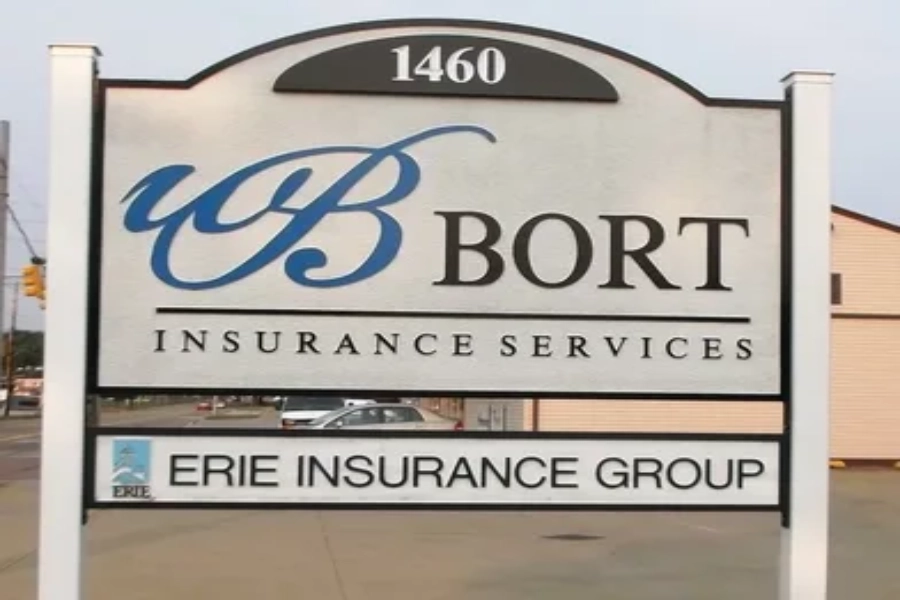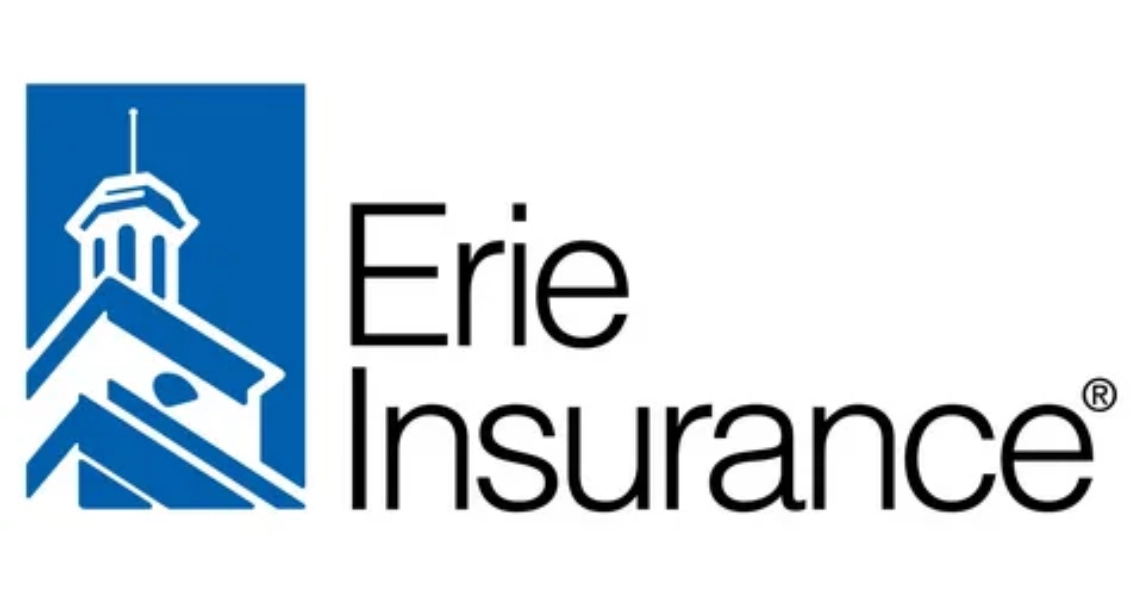Erie Insurance is a well-known insurance provider in the United States, offering coverage for auto, home, and life insurance. Whether you’re a policyholder seeking coverage or facing a claim, understanding the legal aspects of Erie Insurance is vital. With the proper legal knowledge, you can ensure your rights are protected, avoid unnecessary disputes, and efficiently navigate the claims process.
In this article, we will explore the key legal issues that Erie Insurance policyholders should be aware of, from filing claims to understanding coverage exclusions and dealing with potential disputes. Additionally, we’ll touch on the importance of legal assistance in handling insurance-related legal matters.
Key Legal Aspects of Erie Insurance Policies
1. Understanding Your Erie Insurance Policy
One of the most important legal aspects of dealing with Erie Insurance is thoroughly understanding your policy. Erie offers various types of insurance policies, including auto, home, and life insurance. It’s crucial to review the terms and conditions carefully to understand the coverage limits, exclusions, and specific provisions.
Understanding these aspects ensures that, in the event of a claim, there is no confusion regarding what is covered and what isn’t. Knowing the policy limits and exclusions can prevent potential delays and disputes during the claims process. For example, certain high-risk activities or specific natural disasters might not be covered, so it’s important to confirm that you have adequate protection for your specific needs.

2. How to File a Claim with Erie Insurance
Filing a claim with Erie Insurance is a straightforward process. You can file a claim online through their website, via their mobile app, or by calling their claims department. Make sure to have all necessary documentation, such as photos, police reports, or medical records, depending on the type of claim (e.g., auto or health claims).
Having these documents prepared in advance can expedite the claims process. Make sure your documents are accurate and complete, as this will prevent unnecessary delays in getting your claim processed. Also, keep copies of all documentation for your records.
3. Claim Denials and Disputes with Erie Insurance
Sometimes, claims can be denied, or the settlement offer may be lower than expected. If this happens, it’s crucial to know your legal rights. Erie Insurance typically provides an explanation for the denial, which can give you insight into the reasons behind their decision.
If you disagree with the decision, you have the right to dispute it. This may involve contacting Erie’s claims department for clarification or even appealing the decision. It’s important to stay informed and assert your rights if you believe the claim was unjustly denied or the settlement offer doesn’t fully cover your losses. If the dispute escalates, you may want to consider seeking legal counsel.
If the dispute cannot be resolved through negotiations, policyholders may need to take further steps such as arbitration, mediation, or even litigation. It is always advisable to explore all possible resolution options before pursuing a legal path.
4. Coverage Limitations and Exclusions
Erie Insurance policies may have certain limitations and exclusions that policyholders should be aware of. Common exclusions may include specific natural disasters, certain high-risk activities, or damage due to wear and tear. These exclusions are important to review in advance, so you aren’t surprised by what is or isn’t covered in your policy.
For instance, policies may exclude certain types of property damage or accidents, depending on the situation. Always carefully read your policy documents to understand what is covered and what may require additional coverage or protection. It’s important to be aware of these exclusions so you can avoid unnecessary confusion if an issue arises.

5. Understanding Your Legal Rights with Erie Insurance
As an Erie Insurance policyholder, you have several legal rights. These rights include:
-
The right to a fair claims process.
-
The right to clear communication regarding the terms of your policy.
-
The right to appeal any claim decisions made by Erie.
Erie Insurance is also legally required to comply with state insurance laws and regulations, ensuring that you are treated fairly throughout the process. Understanding these rights helps policyholders to better navigate any legal challenges related to their policies.
Common Legal Issues with Erie Insurance
1. Failure to Pay Claims on Time
One of the most common legal issues Erie Insurance policyholders face is the delay in payment after a claim is accepted. According to state law, insurance companies are required to pay valid claims promptly.
If Erie Insurance fails to meet these deadlines, policyholders may be able to take legal action to ensure their claim is paid in full and on time. If payment delays persist, consulting with an attorney may be necessary. You have the right to ensure that the terms of your policy are enforced, and legal action might be required to hold Erie accountable for any breaches.
2. Fraudulent Claims and Insurance Fraud
Fraudulent claims are a serious legal issue. Both policyholders and claimants must provide truthful and accurate information when filing a claim. Providing false information, intentionally misrepresenting facts, or attempting to deceive Erie Insurance can result in severe legal consequences, including claim denial and potential prosecution.
Always be honest and provide accurate documentation when filing a claim to avoid legal complications. Insurance fraud is a criminal offense, and those found guilty may face significant fines or even jail time.
3. Underpaid Claims
Another common issue is the underpayment of claims. If Erie Insurance offers a settlement that doesn’t fully cover the damages or losses, you may have grounds to seek a higher settlement. Underpayment is a common issue, and policyholders should know their rights to challenge an insufficient offer.
If you believe the settlement amount is too low, you may need to consult with an attorney or file a legal dispute to obtain a fair payment. Legal assistance can help you understand the process of challenging an underpaid claim, ensuring that you receive the appropriate compensation for your losses.

How Erie Insurance Handles Legal Disputes
Erie Insurance is committed to resolving disputes in a fair and efficient manner. However, if a legal issue arises that cannot be resolved through negotiations or direct communication, legal action may be necessary. Erie’s legal department can assist with disputes related to claims, payments, or policy terms. In some cases, arbitration or mediation may be an option to resolve the dispute without resorting to litigation.
If legal action is necessary, policyholders may need to consult with an insurance attorney to protect their rights and ensure a favorable outcome. Legal counsel can guide you through the dispute resolution process, helping you understand your options for legal recourse.
Why Legal Assistance is Important for Erie Insurance Policyholders
Legal assistance is crucial when dealing with complex legal matters related to Erie Insurance. Whether it’s navigating claims disputes, understanding policy terms, or challenging a claim denial, an experienced insurance attorney can provide invaluable support.
A qualified lawyer can help you:
-
Review your Erie Insurance policy for coverage gaps.
-
Understand your rights and obligations as a policyholder.
-
Represent your interests in legal disputes.
With legal guidance, policyholders can make informed decisions and better navigate the often-complicated world of insurance law.
FAQ
-
What is Erie Insurance?
Erie Insurance is a leading provider of auto, home, and life insurance, offering competitive rates and exceptional customer service. -
How do I file a claim with Erie Insurance?
Claims can be filed through Erie’s website, mobile app, or by contacting their claims department directly. Ensure that you provide all necessary documentation to facilitate the process. -
What should I do if my claim is denied?
If your claim is denied, you can request an explanation and dispute the decision. If needed, seek legal representation to challenge the denial. -
Can Erie Insurance cancel my policy?
Yes, Erie Insurance may cancel your policy due to non-payment of premiums or changes in your risk profile. You will be notified if your policy is canceled. -
How does Erie Insurance resolve disputes?
Erie Insurance attempts to resolve disputes through negotiation and communication. If disputes remain unresolved, legal action or arbitration may be necessary.
Conclusion
Understanding the legal considerations related to Erie Insurance policies is essential for ensuring that you are fully protected as a policyholder. By familiarizing yourself with your policy’s terms, knowing how to file claims, and understanding your legal rights, you can prevent potential issues and address disputes more effectively. Legal assistance can be invaluable in navigating complex claims or disputes, ensuring that your rights are upheld and that you receive the benefits you’re entitled to under your policy.

